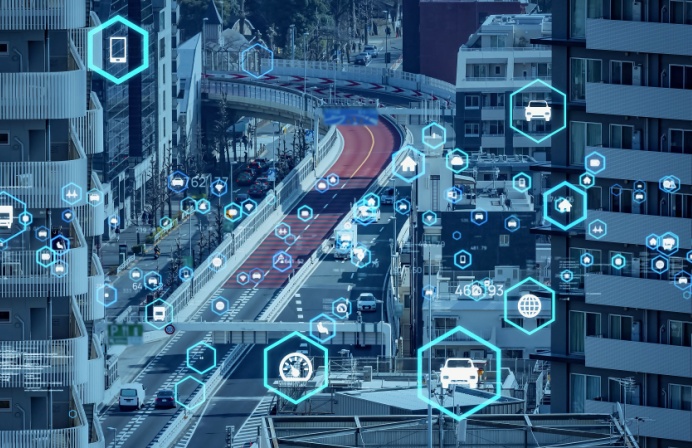
Australia’s critical infrastructure has been outed as a key target for hackers during the Covid-19 pandemic, with essential services, including water, power and communications grids, potentially exposed to malicious cyber adversaries, the Australian Cyber Security Centre (ACSC) has warned in its latest advisory.
Such attacks have become more likely given the pandemic’s impact on working habits and conditions, according to the ACSC, with cyber attackers seeking to expose vulnerabilities in remote working arrangements put in place since Covid-19 lockdowns.
The ACSC’s latest security advisory has urged organisations managing critical infrastructure to enact safeguards to protect their systems from potential threats.
“Critical infrastructure facilities such as power and water distribution networks, as well as transport and communications grids, are potential targets for malicious cyber adversaries in Australia and elsewhere,” the advisory said.
In an official statement, ACSC chief Abigail Bradshaw deemed the security of critical infrastructure and systems controlling essential services as a major priority for the Centre and its partners in the cybersecurity space, stressing that a successful breach of critical infrastructure could cause massive social disruption.
“We are continuing to see attempts to compromise Australia’s critical infrastructure,” she said.
“It is reprehensible that cybercriminals would seek to disrupt or conduct ransomware attacks against our essential services during a major health crisis.
“If these systems are damaged or made unavailable for any length of time, it can cause significant disruption to our lives.”
Keeping infrastructure safe
According to the ACSC, many critical infrastructure operators are still fine-tuning their systems to operate safely and securely during Covid lockdowns whilst allowing remote working staff to perform their duties on core operations technologies.
Staff would normally be in control rooms or worksites protected by cyber and physical security barriers that restrict outside access.
“While social distancing is safer for health reasons during the pandemic, working from home can create cybersecurity risks that malicious actors are actively working to exploit,” the ACSC advisory said.
The ACSC has shared guidance and technical controls to help organisations respond to security intrusions associated with Covid-19.
The guidance outlines general cybersecurity practices for remote working, as well as specific advice for infrastructure operators.
These include recommendations for operators to consider implementing a secondary or tertiary operations control room that may offer better security controls than home or remote access.
Operators are also advised to have a rapid disconnect plan that can be deployed quickly at any time should malicious activity be identified.





